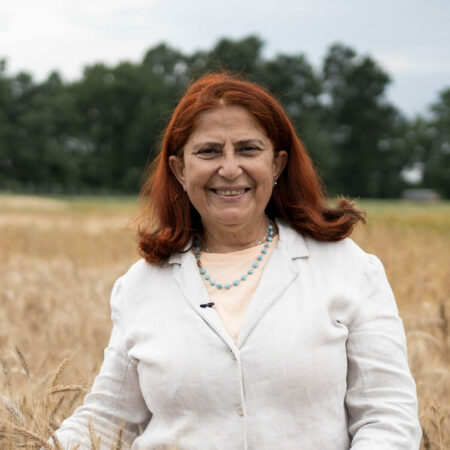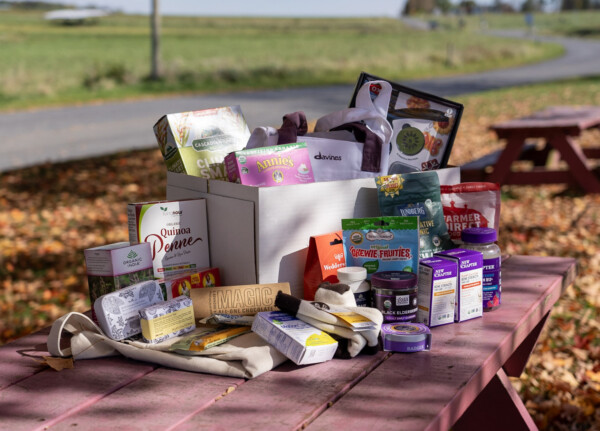Vegetable Systems Trial
The Vegetable Systems Trial is a side-by-side comparison of conventional and organic methods for growing vegetables.
VST is specifically designed to analyze nutrient density in the finished crops. It’s the first of its kind—no other crop comparison study has been focused on exploring the links between soil health and human health.
What We’re Researching
The Vegetable Systems Trial analyzes root, fruit, and leaf crops including potatoes, butternut squash, lettuce, green beans, and sweet corn.
The Vegetable Systems Trial has four unique growing systems. Mirroring the most common vegetable management strategies throughout the United States, two of the systems utilize tillage with black plastic mulch, further divided into organic and conventional plots. The remaining two systems employ reduced tillage strategies, with cover crops and no-till management in organic plots and herbicides in conventional plots.
Data collected will measure:
- Differences in nutrient density of vegetables
- Differences in soil health over time
- Drought resilience
- Resilience to insects, diseases and weed pressure
- Profitability
Why does it matter?
The nutrient density of fruits and vegetables grown in the U.S. has declined in the past 50-70 years. That means many people today are struggling with “hidden hunger”—they’re getting enough calories but not the vital nutrients necessary for health.
We know organic systems create healthier soil. We know healthier soil means healthier plants. Now we need to know, are those healthier plants more nutritionally dense? Can they improve human health? Begun in 2017 and intended to run for more than twenty years, the VST is aimed at answering these important questions.

Did You Know?
Potatoes account for 10% of all pestcides used in the U.S. by weight.
Changes in the soil
In our Farming Systems Trial, the land started as conventional. Over time, we observed that the organic systems in that trial had improved soil health. The site of the Vegetable Systems Trial, however, has been managed organically for more than 40 years. We expect to observe a degradation of soil health in the conventional systems that are a part of VST—similar to what has happened in much of global food production since the advent of chemical agriculture. Our controlled experiment gives us the unique opportunity to see if and how degraded soil health affects the chemical composition of food.
Research Staff

Dr. Gladis Zinati
Director, Vegetable Systems Trial
Dr. Gladis Zinati, director of the Vegetable Systems Trial and Soil Scientist. She evaluates the impact of cropping systems and management practices on nutrient cycling, carbon sequestration, vegetable nutrient density and plant resistance to pests. She conducts research on no-till practices, fertilizers, cover crops, compost formulations, and biological tools to improve pest management. She has 30 years’ experience and holds undergraduate degrees in General Agriculture and Agriculture Engineering; a M.S. in Horticulture from the American University of Beirut; and a Ph.D. in Soil Fertility from Michigan State University. Before joining Rodale Institute in 2012, Gladis worked on projects evaluating management practices that optimize crop yields and reduce degradation of water quality at the University of Florida and Rutgers University.
Year 4 Updates
In this webinar, learn about our side-by-side comparison of organic vs. conventional farming practices and what they mean for vegetable yield, soil health, and nutrient density.
Watch Now
